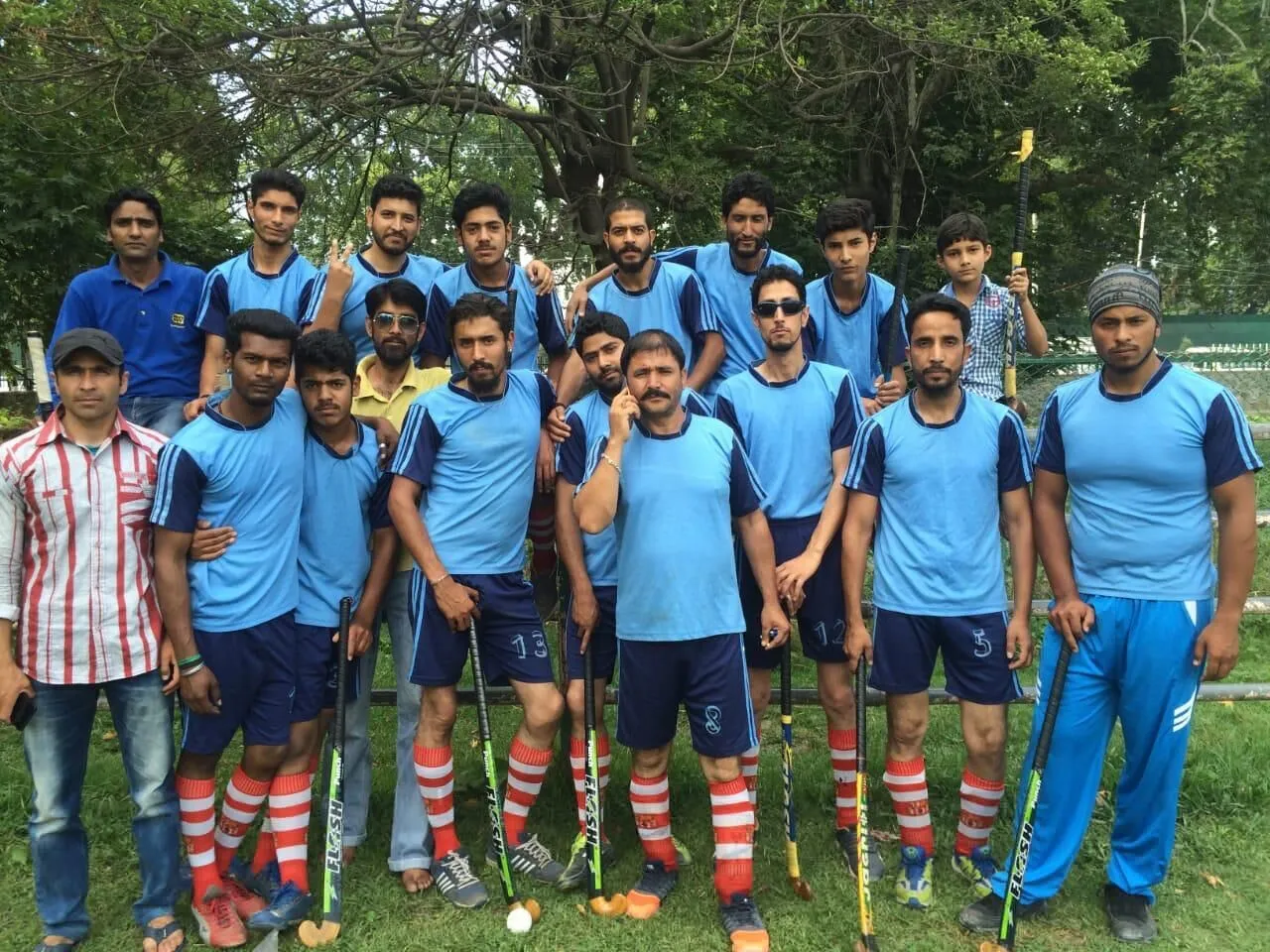Have You Heard Burushaski?
Kashmir’s small ethnic group Burusho has preserved their ancient language till now;

Mohalla Raja Azur Khan, popularly referred to as "Botraj Mohalla," is tucked away in the centre of historic Srinagar. The Burusho, an ethnic group with roots in Gilgit, Baltistan's Hunza, Nagar, and other valleys from northern Pakistan, have lived there for generations.
This Shia Muslim minority is quite small here, but they have persevered with their language Burushaski, and culture, which speaks to their fortitude.
The Citizen spoke to a number of Burusho community members in Srinagar; they said that there are just about 350 Burushaski speakers out of the 12.5 million residents of Jammu & Kashmir. Even though the Burusho have over time become equally proficient in Kashmiri, their native language Burushaski still plays a significant role in their identity.
Salman Ali Khan, an employee of the Education Department and Burusho community member, said that he has never encountered any problems in Kashmir because of his ethnicity and unique language. “I have acquaintances in Kashmir who are also quite fluent in Burusho. I never believed that we were in any way distinct from Kashmiris,” said Salman.
Notwithstanding the limited population, he applauds the elder generation's efforts to preserve and transmit the Burushaski language and culture. He emphasised the community's dedication to maintaining its customs and language while also expressing hope for the coming generations.
Origin Of The Burusho
When the Burusho ruler Raja Azur Khan, lost the battle against the British in the Gilgit-Baltistan region in 1891, he and many from the community set off on their trip to Srinagar. He was compelled to go to Srinagar, where they are still now, more than 130 years later.
Raja Azur Khan and Rehan Ali Shah, the late 19th Century crown rulers of Gilgit Baltistan, are the major ancestors of Srinagar's Burushaski-speaking population. A combined force of British and Kashmiri troops are said to have imprisoned the community's founders, notably Raja Azur Khan, during the Dogra regime.
The Indian Burusho community has, reportedly, not communicated with the Pakistani Burusho since the partition of India in 1947. Since the Burusho group was given the Scheduled Tribe status and reservations by the Indian government, the majority of its members are government employees.
The Jammu & Kashmir Burushaski (JKB) dialect also known as Khajuna, is spoken by the Burusho people of India. It has undergone a number of changes that distinguish it from other Burushaski dialects spoken in Pakistan.
Moreover, many Jammu and Kashmir Burusho also speak many more languages, including Balti, Shina, Hindustani, Kashmiri, and, to a lesser extent, Kashmiri and Hindustani.
Meesum Mustafa Khan, 28, another member of Burusho community, runs a hotel in Kashmir's famous picnic spot in Pahalgam. While talking with the Citizen, Khan said, “we believe the protection of language is the protection of culture and identity. If our language is alive today it's because of our ancestors, and that is why we too have protected our language and culture until this time,” added Khan.
The Dogra kings gave several kanals of land in various locations around Kashmir for people to live on and grow crops. According Khan many commu members ur group reside in places like Srinagar, Garend, Dooru Sebdan, Tral, Bemina, and Batamaloo.
“We used to marry outside of our community because our ancestors who immigrated to Kashmir were brothers, but as time went on, that too changed,” he told The Citizen.
Kashmiri is the most spoken language in J&K with close to 9 million speakers. Kashmiri is also the only Dardic language that has a status as an official language being one of the 22 scheduled languages as per Indian Constitution. Kashmiri is also the majority language in Chenab valley.
According to a local Kashmiri, Muzamil Ahmed, 90 percent of the Botaraj community members are teachers, doctors, engineers, and are serving in almost all the government departments in Kashmir.

